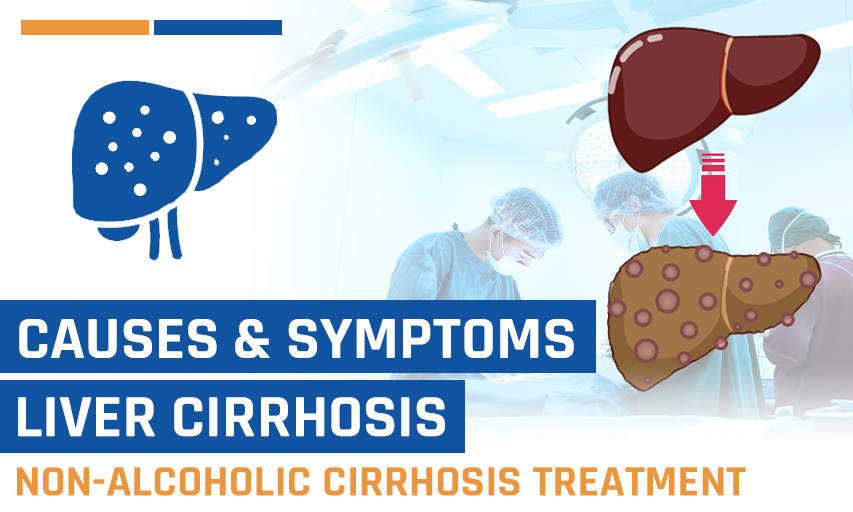Do dental implants last forever or need replacements?
A dental implant is a prosthetic device used to substitute a missing tooth. The implant is inserted into or on the jawbone and is a replacement tooth root. A dental crown, a prosthetic tooth, is affixed to the implant.
You might be thinking, do dental implants last forever? Well, a dental implant is intended to be a permanent fixture in the mouth. Studies indicate that dental implants have a 90 to 95 percent success rate over ten years.
However, it is also conceivable for a dental implant to malfunction months or years after implantation. Several factors may contribute to this result.
How long do dental implants last?
The implant device can last a lifetime if the patient practices daily flossing and brushing and receives six-monthly dental exams. However, the crown typically only lasts between 10 and 15 years before it must be replaced due to wear and strain. However, maintaining excellent oral hygiene and using the crown with care could extend its longevity beyond 15 years. The location within the mouth is also a factor in estimating the longevity of a dental implant. Implants in the back of the mouth are utilized more actively during mastic, so they are likely to deteriorate more rapidly than those near the front of the mouth.
What factors can affect the success of a dental implant?
Although dental implants can last a lifetime for numerous people, they can malfunction in some instances. Implant failure is typically the result of something interfering with osseointegration or healing.
Among the potential causes of implant failure are:
1. Insufficient maintenance and care
Oral hygiene is equally essential for dental implants and natural teeth. Plaque accumulation can result in periodontal disease, harming both the gums and the mandible.
Plaque accumulation in the region surrounding an implant is known as peri-implant disease. Early peri-implant disease stages are reversible. Nonetheless, if left untreated, it may lead to peri-implantitis, resulting in implant failure.
2. Insufficient bone
Endosteal implants must be securely affixed to the jawbone. It is, therefore, possible for an implant to fail if an insufficient jawbone is present to secure it effectively.
Before implant implantation, a comprehensive examination of the jawbone is conducted. It can include 3D modeling and X-rays to determine the grade of the bone at the prospective implant site.
Before receiving an endosteal implant, some individuals may undergo a procedure such as bone transplantation or sinus lift if insufficient bone is present.
3. Smoking
Smokers have been found to have a reduced success rate with dental implants. In fact, research indicates that the overall implant failure rate among smokers is 11%, compared to 5% among nonsmokers.
Smoking may cause an implant to fail because it can stop blood from getting to the place that needs it. It slows bone integration and repair. Periodontal disease can also happen to people who smoke.
4. Grinding teeth
If you grind your teeth or have any other kind of dental stress, it can cause the implant to crack, the screw breaks or loosen, or the porcelain on the crown to break. The frequent grinding or damage can cause the implant to move in small ways that can stop the osseointegration process.
5. Age
Older patients may have a higher failure rate for dental implants. It is because they might have other undiagnosed medical illnesses or bone abnormalities. Healing may also take longer in people of the progressive era.
What can I do to extend the life of my dental implant?
If you are thinking about how dental implants last forever? Well, for that, you do need to take care of it. For instance:
1. Brush your teeth and use floss
Don't stop taking care of your teeth. Every day, you should brush your teeth two times and floss once. Everyone, not just those with tooth implants, should do this. But it would help if you cared for your teeth to keep your dental implant in good shape. Even though your dental implant can't get cavities, you should still care for your other teeth and gums, which are directly linked.
2. Medical conditions and medication
Diabetes and other medical disorders make it hard for your body to heal and more likely to get problems and infections. Taking care of long-term situations is essential if you want your implants to last longer. If you visit a dentist near you for an appointment, they can advise whether you are a good candidate for implants.
3. Oral hygiene
You must have healthy gum tissue and bone below your tooth implants to last longer. If you take good care of your teeth, plaque won't build up, and your gums won't get infected or sick. If you let plaque build up around the base of your implant, you could get a disease called peri-implantitis, which could make your implant less stable.
4. Every six months, go to the doctor
Your implant will also last longer if you go to the dentist regularly. Taking good care of your teeth and gums will help your implant stay in place. These checks also look for problems, like gum disease, that could put your implant at risk.
5. Avoid smoking
Smoking is one of the worst things you can do for the health of your tooth implant. It stops blood from getting to the blood vessels in the gums, which can slow down the mending process and stop osseointegration. That means your implant may never harden.
6. Try to live a good life
Taking care of your health is also essential for the health of your teeth. Bone health is vital because if your bones get weaker, your jaw may be unable to hold up your implant and your other teeth if your doctor tells you to take supplements and vitamins, particularly calcium and potassium, to keep your bones healthy.
7. Treatment of a failed implant
Local sedation can be used to remove a failed implant. An implant can sometimes be changed. Researchers have found that replacing a single tooth implant in the same place generally has a 71 percent success rate.
If the bone around the implant has been lost, a bone graft may be required to help the bone grow back before a new implant can be put in. In this case, you might not get your new implant for a few months. You may read on why dental bone grafting is required for dental implants?
There are other possible ways to treat a failed implant if you don't want to or can't replace it. These can include bridges or dentures. Peri-implantitis can be handled without taking out an implant if there hasn't been a lot of bone loss. It includes a complete cleaning, disinfecting of the implant and the area around it, and a course of medicines.
Conclusion
Dental implants are made to last a lifetime. Implants connect to your jawbone and join with the bone around them through osseointegration. In a few instances, tooth implants may fail. Several things can cause this to happen. Sometimes, a failed implant can be changed, but if that doesn't work, there are other ways to treat the problem. If you have symptoms related to implant failure, you should see your dentist. However, you must consider dental tourism through CureIndia for the best and most affordable full mouth dental implants cost.




















Be First To Comment
Leave a Comment